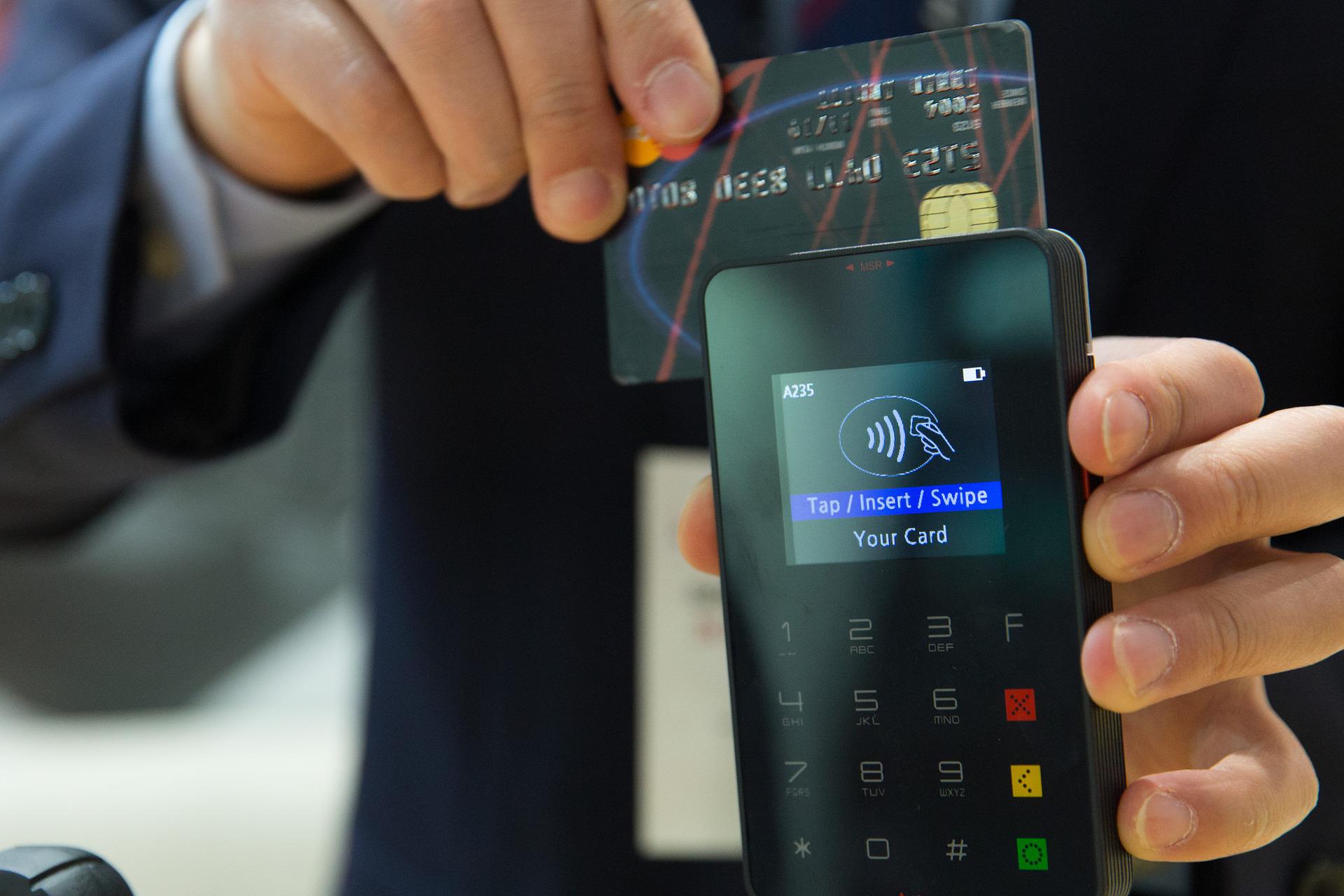New technology often results on old ideas being repackaged as new. Whether it is Uber reinventing the taxi service, Airbnb disrupting the travel accommodation market, or Wework attempting to change the office space rental market, the addition of technology is an opportunity to open up an existing way of doing things to a new market. In addition, it can refresh the product and make it more exciting than the old way of doing things.
And so it is with Buy Now Pay Later (BNPL). Older readers will remember getting catalogues sent to the door (before the internet!), and it was possible to buy products, then pay in installments at a later date.
As part of the fintech revolution, several BNPL providers have come on to the market, offering pretty much the same product. However, there is one key difference. Whereas the old-style catalogues would generally charge a premium for the longer payment terms, usually in the form of interest, these new providers give the user longer to pay without adding any interest.
This has proven incredibly popular with younger consumers, who love to be able to buy goods and then spread the payments over a longer period. The main BNPL providers usually offer the possibility to pay in 3 or 4 instalments, generally over 6 – 8 weeks.
BNPL Risks:
As BNPL products are relatively new, they are not yet officially regulated by the Financial Conduct Authority (FCA) in the UK. This has led some to call for their regulation, as there are concerns that some people may do too much shopping via these services, and not be able to cover all of the payments. This can be problematic as most of the providers will resort to debt collection if they cannot recover payments, and it can adversely affect the customer’s credit rating.
Buy Now pay Later Providers:
Klarna:
Sweden’s Klarna are probably the best known BNPL provider, and the oldest, having launched initially in Sweden in 2005. After launching in certain key European countries such as Germany, they entered the UK in 2012, and launched their BNPL product in 2017. Since then they have gained over 16 million users and are available as a payment solution with over 5000 merchants.
Zilch:
Zilch was founded in the UK in 2018. They offer a 4 installment payment plan, with 25% paid up front, and then 3 more payments of 25% of the total, with the last payment being due 42 days after the initial purchase. Zilch are the only of the main BNPL providers in the UK who are regulated by the FCA. You can see Zilch reviews here.
Laybuy:
Laybuy was launched in 2017 in New Zealand, and began operations in the UK in 2019. Currently it has over 600,000 users. They offer a ‘pay in 6’ feature, where you can pay 1 sixth of the cost upon purchase, then a further 5 weekly payments.
BNPL Is Here To Stay: Despite some concerns over BNPL and risks for customer in regard to defaults and credit ratings, it is clear that the flexibility and ease of use they offer are very attractive to consumers, so it looks like these companies will become a fixture of the UK retail payment scene.



 Bitcoin
Bitcoin  Ethereum
Ethereum  XRP
XRP  Tether
Tether  Solana
Solana  USDC
USDC  Lido Staked Ether
Lido Staked Ether  TRON
TRON  Cardano
Cardano  Avalanche
Avalanche  Toncoin
Toncoin